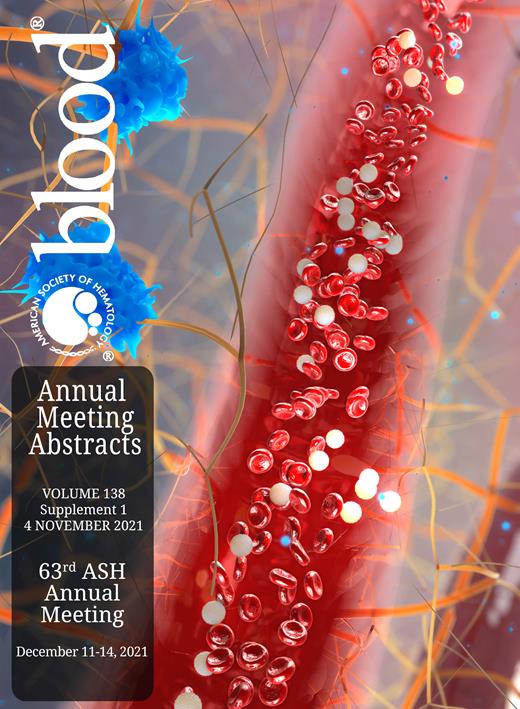Abstract
Introduction:
Throughout the years, patients with sickle cell disease (SCD) have been subjected to biases and stigmas that have affected their care, which then leads to them experiencing greater pain and a lower quality of life. Literature continues to show that patients suffer from their pain being discounted during hospitalizations. In the previous year, our group showed that our internal medicine residents had negative implicit biases (IB) toward patients with SCD. Frameworks and trainings exist for addressing different aspects of IB; however, none exists to address implicit biases on the individual level. We developed an implicit bias module (SOAR) for residents to complete to help address negative IB toward patients with SCD.
Methods:
Twenty-three 2 nd and 3 rd year internal medicine residents went through the SOAR module for addressing IB twice. The SOAR framework assisted the residents in self-identification of the IB, observing when the IB occurs, creating an action plan to address the IB, and repeating the steps for maintenance. SOAR framework is heavily based on methods from cognitive behavioral therapy. The SOAR sample case for residents involved a patient with SCD requiring pain medication. Residents were surveyed on their initial forming thoughts, in this case the IB, emotions, and intensity of the IB or emotion before and after going through the module. A 10-point Likert scale (10 = high/1=low) was used to judge intensity of the IB or emotion.
Results:
Residents had a range of initial thoughts such as: failure, suspicion and opioids, pity and boring admission, chronic pain and dread of confrontation, and frustration, with an average belief of 7/10 in that thought. Their emotions initially included: frustration, sadness, shame, guilt, worry, and pessimism with an average belief of 5.5/10 in that emotion. After completing SOAR, the average belief in the initial IB decreased to 4.3/10. Emotions changed to feelings of regret and sadness with an average intensity of 6/10. 75% of the residents found the lecture helpful, 92% stated they believed it is important to address implicit biases, and 100% stated that they would use SOAR framework to address their own negative implicit biases.
Discussion:
The IB module is based on cognitive behavioral therapy techniques and uses concepts typically reserved for automatic thoughts such as in patients with depression or anxiety. We substituted automatic thoughts for IB. It is important to address negative IB that affect our patients and their care. We have attempted in this module to address IB on a personal or individual level for residents. The SOAR criteria helped focus on improving conscious efforts to overcome IB. This training is not enough for addressing all the faults in the medical system that perpetuates biases and health inequities toward patients with SCD or any other medical condition. It can be used to supplement other methods such as education about influences and patient outcomes, increasing awareness, and making systemic changes. Limitations in this study include voluntary participation in the survey during the module leading to a different number of respondents answering each question as well as being underpowered.
Conclusion:
Individual or personal strategies can be used to effectively address implicit biases we hold. Addressing implicit biases may help decrease the negative impact these biases have on patients and improve quality of care for patients with SCD.
No relevant conflicts of interest to declare.

